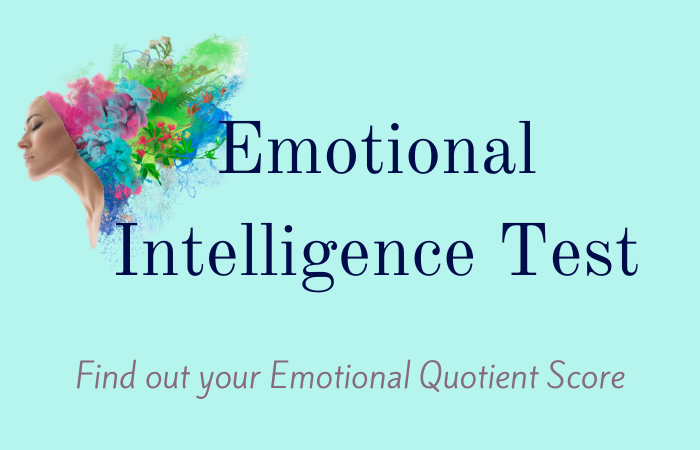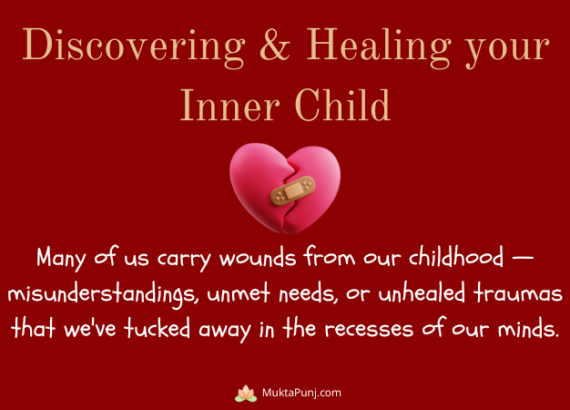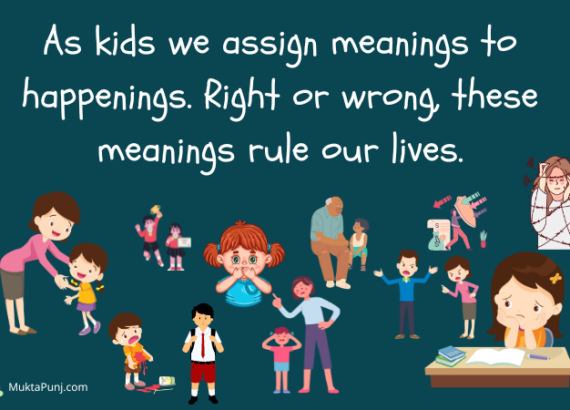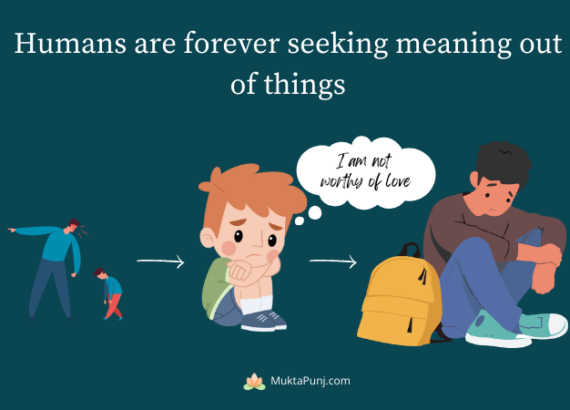Emotional Intelligence Test

Emotional intelligence, also called EI or EQ, is the ability to notice, understand, manage, and use our own emotions and the emotions of others in a positive way. It includes a wide range of skills, such as understanding, self-control, social awareness, the ability to work well with other people and self-awareness. Emotional Intelligence Test, right here, is designed for you to test yourself as to where you stand vis-a-vis these skills.
Why should you test your EI/EQ?
Self-awareness is a key part of emotional intelligence, and it’s also a very important part of our personal and work lives. Self-awareness means being able to understand our own feelings, strengths, weaknesses, beliefs, and goals. It helps us understand how our feelings affect what we think and what we do.
I invite you to dive into the world of self-discovery andself-awareness with this Emotional Intelligence Test. Explore the significance of assessing your emotional intelligence and embark on a journey toward personal growth and stronger relationships.
Take the test and see where you stand in terms of emotional intelligence.
Emotional Intelligence Test
Instructions: For each scenario, please select the response that best reflects your typical behavior or how you would handle the situation. Use the following scale to rate your responses:
- 1 = Almost Never
- 2 = Rarely
- 3 = Sometimes
- 4 = Often
- 5 = Almost Always
1. Two of your friends are fighting, so you…
a) Try to help them understand each other’s point of view
b) Pick a side and bad-mouth the other friend
c) Avoid both of them until the fight is over
d) Let them vent their emotions to you
2. When someone is upset and sharing their feelings with you, you…
a) Listen attentively, offering empathy and support
b) Try to change the subject to something more positive
c) Tell them to toughen up and stop being so sensitive
d) Zone out and don’t pay much attention
3. You receive constructive criticism at work, and it makes you feel uncomfortable. You…
a) Reflect on the feedback and make a plan to improve
b) Get defensive and argue with your supervisor or colleague
c) Ignore the criticism and continue with your current approach
d) Feel deeply hurt and upset, taking it personally
4. Your friend is going through a tough time, but you’re swamped with work. You…
a) Make time to listen and support your friend, even if it means adjusting your schedule
b) Tell your friend you’re too busy and can’t help right now
c) Offer a quick solution without really listening to their concerns
d) Pretend not to notice your friend’s distress and hope they’ll figure it out on their own
5. In a team project, your colleague isn’t pulling their weight, which could jeoperdize the project’s success. You…
a) Talk to your colleague privately to understand their challenges and offer assistance
b) Complain about them to other team members
c) Leave the situation as it is and hope someone else addresses it
d) Confront your colleague in front of the entire team, expressing your frustration
(Carry on taking the emotional intelligence test. You’re doing good.)
6. You’ve had a disagreement with your partner or spouse. You…
a) Listen to their perspective and work together to find a compromise
b) Give them the silent treatment to make them feel guilty
c) Avoid the issue and hope it resolves itself
d) Shout and express your anger without considering their feelings
7. A colleague has just received a promotion that you were also vying for. Your reaction is…
a) Congratulate them sincerely and express your desire to learn from their success
b) Complain about favoritism and gossip about it with other colleagues
c) Sulk and become distant from your colleague
d) Sabotage their work to show that you deserved the promotion more
8. When someone shares their achievements with you, you…
a) Celebrate their success and offer genuine praise
b) Feel jealous and downplay their accomplishments
c) Change the topic to your own achievements
d) Act disinterested and barely acknowledge their achievement
9. You notice a friend struggling with a personal problem but hasn’t shared it with you. You…
a) Approach them with care and ask if they want to talk about it
b) Ignore the situation, assuming they’ll come to you if they need help
c) Gossip with other friends about your concern
d) Make fun of their problems to lighten the mood
(Absolute honesty with yourself is the key in this emotional intelligence test. Carry on, you’re almost there.)
10. You encounter a stranger who seems upset and in need of assistance. You…
a) Approach them with empathy and ask if they’re okay
b) Ignore them and walk away
c) Assume it’s not your business and continue with your day
d) Mock them or make fun of their emotional state
11. When faced with a challenging decision, you…
a) Consider the emotional impact on yourself and others before making a choice
b) Make a decision based solely on logic, disregarding emotions
c) Avoid making a decision altogether to prevent any negative emotions
d) Act impulsively without considering the emotions involved
12. In a conflict with a co-worker, you…
a) Try to find common ground and resolve the issue amicably
b) Hold onto grudges and seek revenge
c) Avoid the co-worker and hope the issue goes away
d) Engage in verbal confrontations to assert your dominance
13. Your family member is dealing with a serious illness. You…
a) Provide emotional support and assist with their medical needs
b) Act like everything is normal and avoid discussing their illness
c) Withdraw from the situation and avoid contact with them
d) Disregard their struggles and focus on your own life
14. When you make a mistake, you…
a) Acknowledge it, take responsibility, and learn from it
b) Blame others or external factors to avoid feeling guilty
c) Pretend it never happened and hope no one notices
d) Get defensive and argue that it wasn’t your fault
15. Your friend is struggling with a difficult decision, and they turn to you for advice. You…
a) Listen actively, ask probing questions, and help them explore their feelings about the decision
b) Quickly give them your opinion without considering their emotions
c) Brush off their concerns and tell them it’s not a big deal
d) Tell them what to do without considering their feelings or perspective
Scoring: Add up your points based on your responses. The higher your score, the more emotionally intelligent you may be. The key lies in being honest with your answers.











Comments
Trackbacks & Pingbacks
[…] Emotional Intelligence Test […]